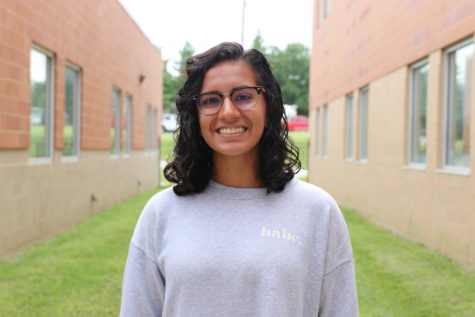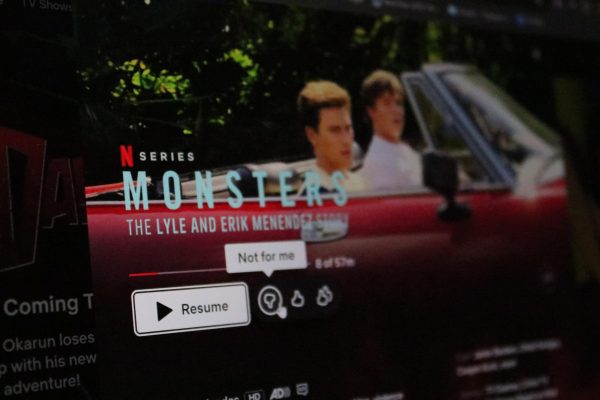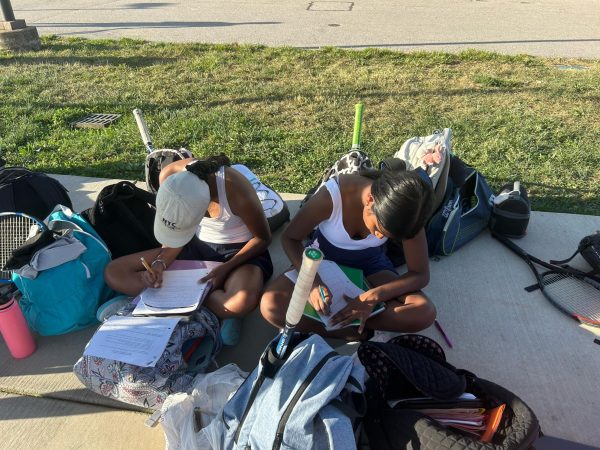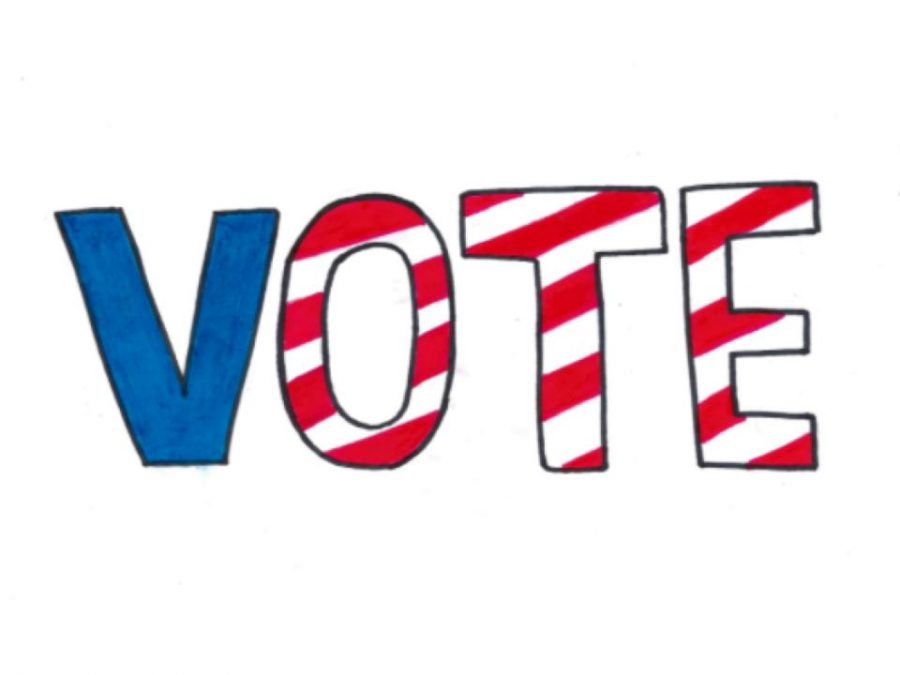Why You Should Vote
Media by Zara Tola
Make sure to register by Oct. 7 in order to be able to vote in the 2020 election.
When I turned 18 a little over a month ago, I obtained the ability to make all sorts of new choices that I never had been able to make on my own before.
I can now sign my own contracts, get a tattoo or piercing or even make my own medical decisions without my parents’ permission. But, the most important choice I get to make now that I’m 18 is the choice that will decide who will lead this country for the next four years.
Four years. A lot can change in four years.
As I continue on into adulthood, the impact of my vote on my life and the lives of others is only going to increase. When I turned 18, I almost considered not voting. Personally, I didn’t think that I could show any sort of allegiance to any one of the candidates as they were all so controversial, and I didn’t truly know who was genuinely the best to vote for.
However, I have realized that no matter what people say about someone, what the candidate says and what they stand for is truly what matters when picking who to vote for. While I may not agree with everything a candidate says or does, I have to choose the candidate who best supports my morals.
The candidate’s stances on certain issues, their goals, their promises — all of these are important in choosing who to vote for. These are the things that directly impact all of us, especially those who historically have not been given a voice in government.
According to data from Pew Research center, in 2016, about 40% of people who were eligible to vote in the United States didn’t vote. About 48% of nonvoters were nonwhites, whereas 74% of voters were white. In addition, those who make less that $30,000 a year made up the majority of nonvoters, at 56%. These people are those who are significantly impacted by governmental decisions and allocation of money, but many didn’t vote in 2016. This ultimately impacted the result of the election.
The 2016 election was the fifth instance in U.S. history where a candidate lost the popular vote, but won the presidential election due to the electoral college. Although no one can change how congressional leaders vote, we can all make sure our voices are heard as much as possible.
Everyone who is eligible to vote, but especially my peers, who are the incoming generation of new voters, make sure to register to vote by Oct. 7. Pew Research reported that about a third of nonvoters came from those aged 18-29 in 2016. But our decisions now will have an impact on generations to come.
While I just turned 18, and I certainly don’t have any idea of what it takes to be an adult, I am educated and am capable of making the decision to vote. And to my peers who will be eligible to vote in this upcoming election, you are fully capable of making this decision too.
Make sure that your voice is heard this election.
Your donation will support the student journalists of Marquette High School. Your contribution will allow us to purchase equipment and cover our annual website hosting costs. You may become a PATRON by making a donation at one of these levels: White/$30, Green/$50, Blue/$100. Patron names will be published in the print newsmagazine, on the website and once per quarter on our social media accounts.

Zara Tola, senior, is copy editor for the Marquette Messenger. Zara can be seen frequently attending Board of Education meetings and community events for...







